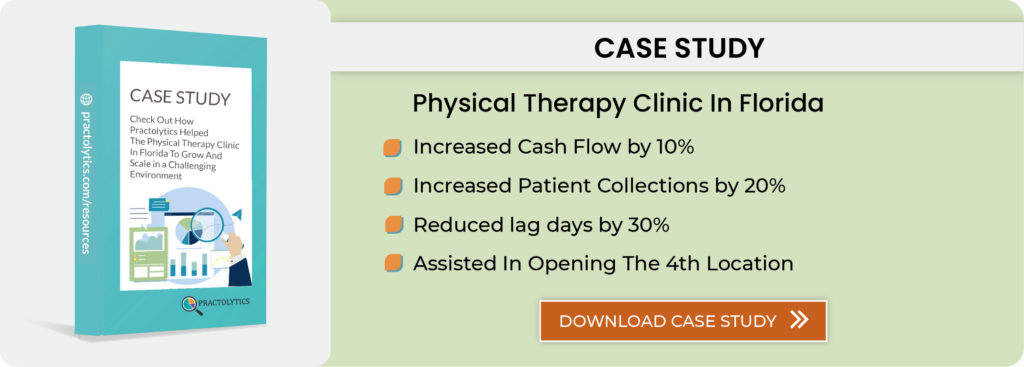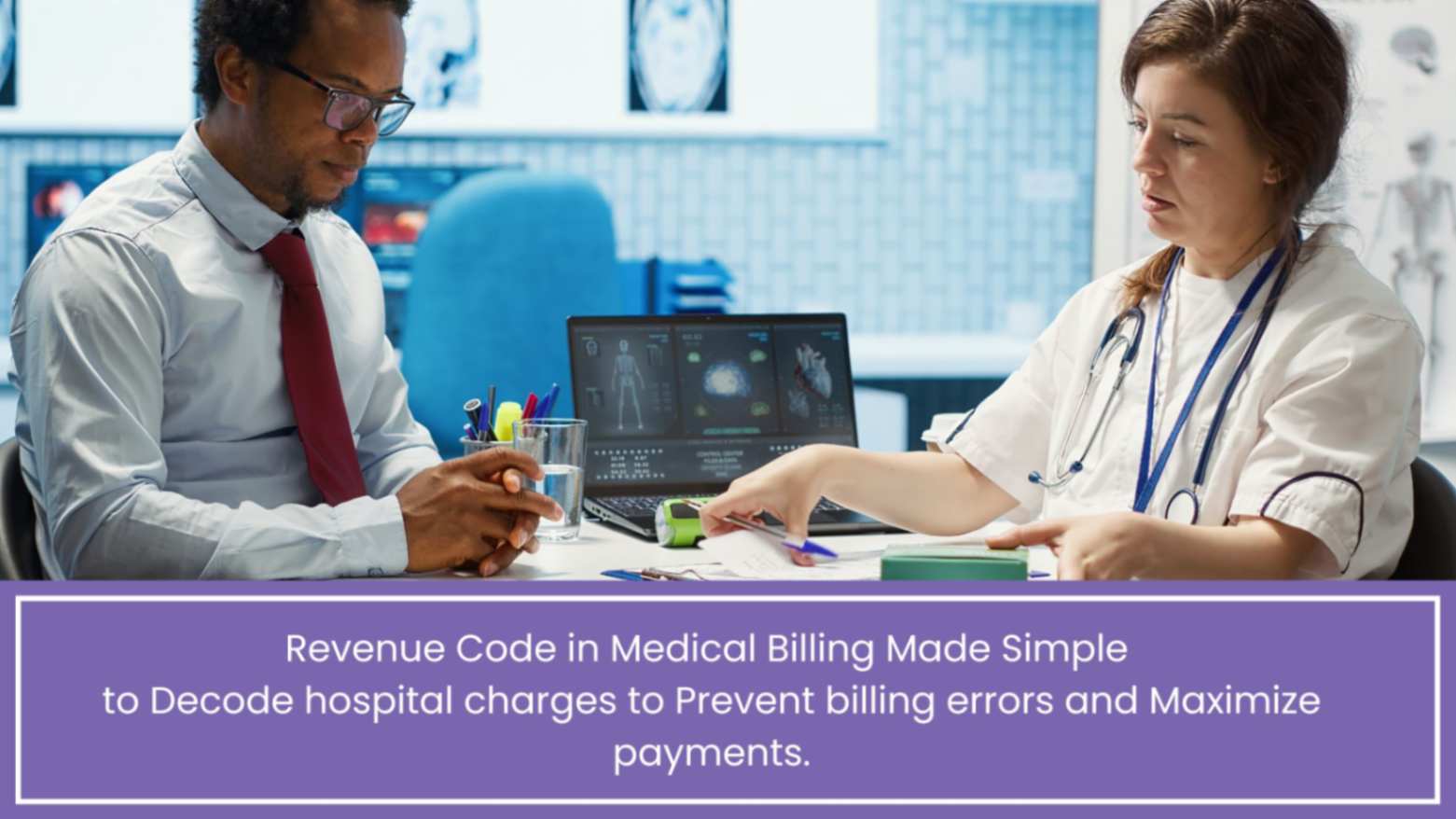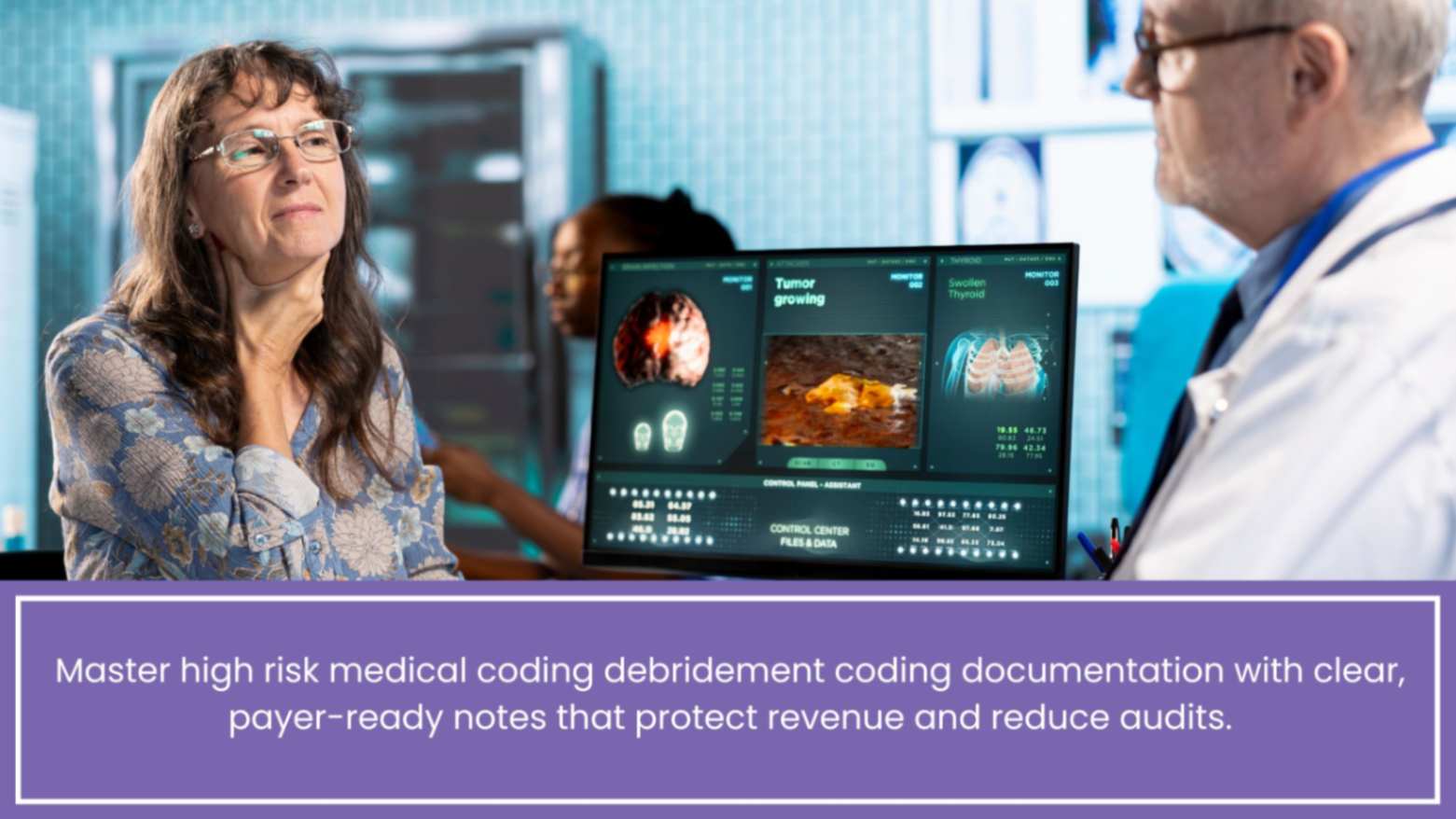Medical Nutrition Therapy Reimbursement: Strategies for Effective Integration in Gastroenterology Practices
Gastroenterology is indisputable without Medical Nutrition Therapy (MNT) which is an important element of holistic patient treatment. By and large, nutritional aspects in most gastroenterological cases leads to MNT having an opportunity to greatly enhance patients’ outcomes. It’s very important to get tailored nutrition advice from Registered Dieticians or RDs for conditions like Celiac disease, Crohn’s disease, irritable bowel syndrome or even any other disorder of the gastrointestinal tract.
However, despite its importance, reimbursement for MNT services remains complex and often inadequate, presenting challenges for both patients and healthcare providers. This article explores the essential role of nutrition counselling in gastroenterology, current reimbursement challenges, and strategies for integrating nutritional services into gastroenterology practices in accordance with existing policies. Practolytics is here to assist healthcare providers in navigating these complexities, ensuring efficient medical coding and billing practices that optimize reimbursement for MNT services.
Table of Contents
Medical Nutrition Therapy in Gastroenterology
Medical Nutrition Therapy involves assessing patient nutrition status while developing individualized diet plans for them. In terms of gastrointestinal conditions such as Crohn’s disease, irritable bowel syndrome (IBS), celiac disease (CD) which directly affect digestive tract function through development of dietary modifications suited to individual needs; MNT is critical within gastroenterology. MNT works by alleviating symptoms, reducing inflammatory processes and improving nutrient intake among patients with different gastrointestinal disorders.
Research has indicated that MNT can be effective in managing chronic GI cases. For example, patients suffering from Crohn’s disease who attain MNT have been found to encounter fewer flare-ups and better disease management. Likewise, those with IBS can profit from MNT via dietary shifts that reduce trigger foods and enhance digestive comfort. Overall, MNT not only improves patients’ lives but also minimizes healthcare expenses by decreasing the requirement of stringent medical interventions.
The Current Reimbursement Landscape for MNT
The reimbursement realm for MNT services is specialized by policy patchwork across Medicaid, Medicare, and private insurers. Under Medicare, MNT is majorly covered for patients with chronic kidney issues, and diabetes, leading to the major gap for those with gastrointestinal problems. Medicaid coverage for MNT differs by state, while some private insurers deliver coverage, it is often limited or necessitates extensive documentation and prior authorization.
Accurate identification of relevant CPT codes is crucial for healthcare providers aiming to secure reimbursement for Medical Nutrition Therapy (MNT) services. The most frequently utilized codes include 97802, which pertains to initial MNT analysis and intervention, and 97803, designated for follow-up MNT analysis and intervention. However, navigating their application can be complex, particularly in gastroenterology billing, due to stringent documentation requirements and criteria. Additionally, the reimbursement rates for these codes often fall short of covering the costs of service delivery, posing financial challenges for many gastroenterology practices.
Recent policy changes have led to significant transformations, yet fluctuations remain a constant. For instance, while some insurers expanded telehealth coverage, including Medical Nutrition Therapy (MNT), during the COVID-19 pandemic, these adjustments have not been uniformly adopted. Consequently, reimbursement rates for telehealth MNT services often differ from those for in-person consultations. Moreover, the absence of standardized regulations for MNT reimbursement in gastroenterology practices continues to create barriers to accessing critical care.
Policy Considerations for Effective Integration of MNT into Gastroenterology
For effective integration of MNT into gastroenterology practices, it is critical to align current care pathways with nutrition counseling services. This integration ensures dietary interventions are considered a vital part of patient care rather than an optional augmentation. One method for overseeing better reimbursement policies for MNT services is to display the cost-effectiveness of such interventions. By outlining the potential for MNT to minimize hospitalizations, medication usage, and other expensive treatments, healthcare providers can make a compelling case for insurers to improve coverage.
Documentation and coding are crucial for maximizing reimbursement for MNT services. Providers must diligently make accurate documentation of the medical requirements of MNT and leverage appropriate CPT codes. This practice not only caters to effective reimbursement but also aids efforts to oversee policy shifts that identify the significance of MNT in managing gastrointestinal issues.
Another key aspect of integrating gastroenterology and MNT is the interdisciplinary collaboration of RDs and gastroenterologists. By coming together, professionals can develop extensive care programs that effectively acknowledge the nutritional requirements of patients. This collaborative approach effectively improves patient results and enhances the overall effectiveness and efficiency of the healthcare ecosystem.
Trending Topics in MNT and Gastroenterology Reimbursement
The Impact of Value-Based Care on MNT Reimbursement: Value-based models are redefining the healthcare landscape by emphasizing patient results and cost-efficacy. For gastroenterology practices, integrating MNT can enhance patient results and secure better coverage rates. Practices can display the efficiency of MNT in managing GI cases that may benefit under value-based care models.
Telehealth and Virtual Nutrition Counseling: The emergence of telehealth has improved MNT access for patients, especially for those unable to visit in person. Many health insurance companies now cover telehealth services. Gastroenterology practices must stay abreast of the latest billing guidelines to bring effective reimbursements for virtual nutrition counseling.
Patient-Centered Care and Nutrition Services: Patient-centered focuses on customized healthcare services. In gastroenterology, MNT is an essential key to effectively managing diet-related cases and enhancing patient engagement and satisfaction. Emphasizing personalized nutrition initiatives can improve patient results and aid favorable coverage.
Technology and AI in Nutrition Data Management: Innovations and Artificial Intelligence are improving MNT by allowing custom innovations and effective data management. Gastroenterology practices can use devices that can enhance patient care and optimize billing, streamline coverage for nutrition services.
Best Practices for Optimizing MNT Reimbursement
Precise documentation and effective billing are critical for MNT reimbursement. Practices should ensure that all MNT services are documented effectively and properly coded to alleviate claim denials and secure adequate payment.
Electronic Health Records or EHRs help optimize MNT service tracking and billing. Integrating MNT documentation with EHRs can go a long way through the complete automation of claims submissions, minimizing errors, and enhancing coverage outcomes.
It is crucial to educate staff on MNT billing and coding to streamline reimbursement. Proper training helps staff stay abreast of billing regulations and minimizes errors and risks that could impact revenue flow.
Gastroenterology practices can take successful case studies for MNT integration to improve their reimbursement methods. Collaborations with efficient healthcare RCM partners like Practolytics have shown enhanced billing processes and thereby the reimbursement rates.
Concluding
Proper integration of MNT into gastroenterology practices is crucial for attaining extensive patient care and improving outcomes for patients with gastrointestinal issues. By emphasizing effective documentation, staying abreast of policy shifts, and adopting best practices, gastroenterology practices can streamline reimbursement for MNT services, adding to patient welfare and financial sustainability.
Exploring the complex terrain of MNT coverage can be intriguing, but having an RCM partner by side can make all the difference. Practolytics specializes in gastroenterology coding and billing, delivering the necessary expertise for precision and timely MNT reimbursements. Practolytics offers consultation to streamline your RCM and enhance your practice’s stability. Let us help you emphasize what matters the most – delivering exceptional patient care.
Ready to enhance your practice’s efficiency and optimize your reimbursement processes? Contact Practolytics today for a consultation and discover how we can help you prioritize exceptional patient care while maximizing your revenue.
ALSO READ – Revolutionizing Healthcare Through Enhanced Patient Engagement and Technological Innovations
Talk to Medical Billing Expert Today — Get a Free Demo Now!






